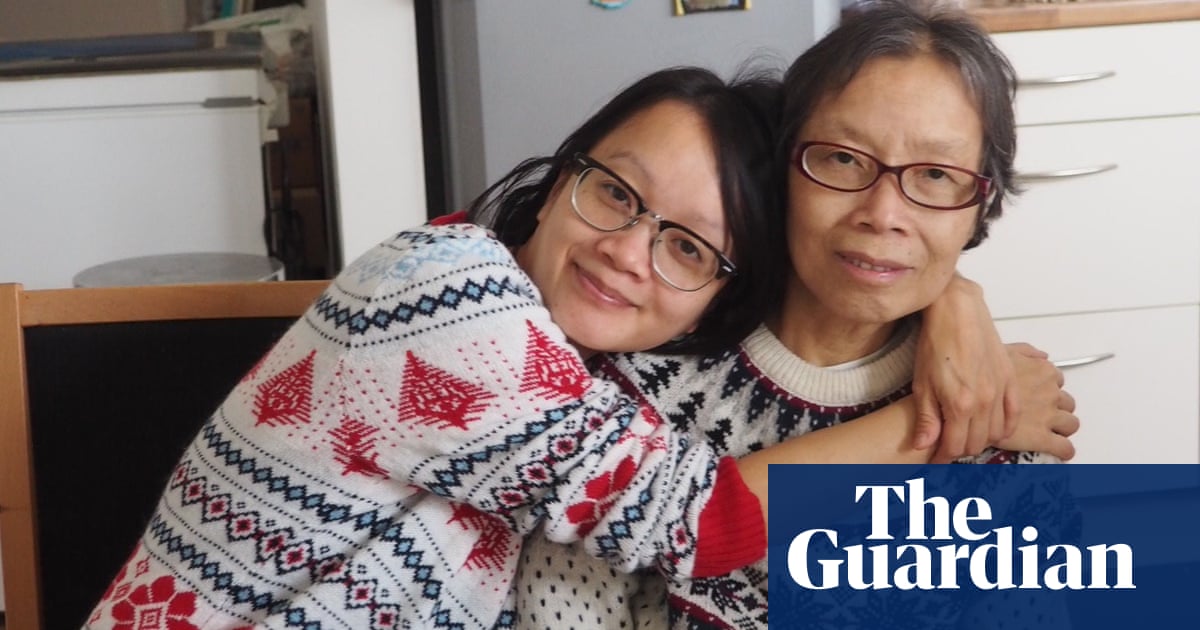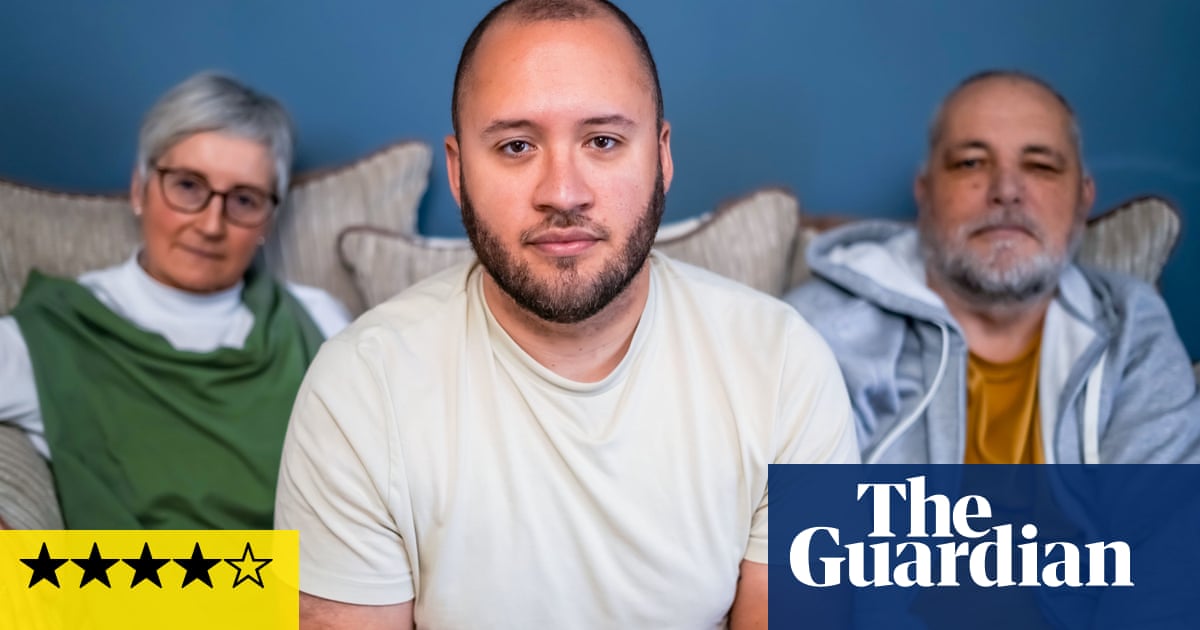
Child’s-eye view TV – especially the kind made for adult audiences – should be approached with caution. It’s been clear ever since Kevin started eyeing up Winnie on The Wonder Years that the cringe potential is just too great. Happily, this one-off drama for BBC Two has sidestepped all the usual quicksand traps of sentimentality and nostalgia, to tell a touching story that wise souls of all ages can appreciate.
My Name Is Leon is based on Kit de Waal’s 2016 debut novel about a nine-year-old Birmingham boy separated from his family – in particular his adored baby brother Jake – by adult decisions he barely understands. De Waal brought a wealth of personal and professional experience to her book: she grew up in the area, with a mother who fostered children, and she later worked for years in family law, even writing training manuals on fostering and adoption. It would have been understandable, then, if de Waal had opted to adapt My Name Is Leon herself.
Instead, this 89-minute screen version has been further enriched by the involvement of other, new-to-TV talents with relevant personal backgrounds. The screenplay is written by Shola Amoo, the writer-director of 2019’s phenomenal independent film The Last Tree, which drew on his own childhood stint in foster care. The director is Lynette Linton, playwright and artistic director of London’s Bush theatre, who, like Leon, is mixed-race with a Black Caribbean father and a white mother.
Together they have managed to evoke the unsettling sensory experiences of childhood: strange faces with unreadable expressions hoving into focus, snatches of adult conversation caught through doors left ajar. But also the delights: a bike ride with sunlight flickering through tree branches overhead, action figures so well-loved they could almost come alive.
There are no special effects in this realist drama, but still, it has a magic to it. My Name Is Leon is the kind of small miracle that only blossoms when multiple creative minds are tending it, and there’s a similar “It takes a village … ” moral at the heart of Leon’s own story. After their mother has a mental breakdown, Leon and baby Jake pass first into the care of a neighbour, then a social worker (Shobna Gulati; always a comforting presence), who in turn places them with foster mother Maureen (Monica Dolan). And when Jake is adopted and Maureen falls ill, Leon finds himself being looked after by Maureen’s abrasive, child-hating, straight-out-of-Roald-Dahl sister Sylvia (Olivia Williams).
Yet for all the adults passing in and out of his life, no one is able to explain to Leon why he keeps being separated from everyone he cares about. As Leon heartbreakingly intuits, race has something to do with it, and it’s at the local allotments where Leon’s real eduction on this aspect of 1980s Britain begins. There, he hangs around with a group of tenants, including West Indian elder Mr Johnson (a cameo from exec producer Lenny Henry, who also voiced the audiobook) and gruff Irishman Devlin (Christopher Eccleston, sadly underused). Leon’s key relationship, though, is with Tufty (Malachi Kirby), a charismatic Jamaican who, having experienced a family separation of his own, becomes a father figure.
In between planting seedlings and weeding the vegetable beds, Tufty answers Leon’s questions on police brutality, racial prejudice and Black protest movements. When Leon suggests he’s more of a brown colour, Tufty sets him straight: “Trust me, star, people out there; they see Black. It doesn’t matter what you think.” (Kirby must be something of an expert on these matters by now, having also played Darcus Howe in Steve McQueen’s 2020 film Small Axe: Mangrove).
If we were watching a children’s film, this is the point at which plucky Leon would somehow scrabble together the money for an inter-city train fare and set off on an adventure to find Baby Jake, accompanied only by his trusty action figure, Sergeant Smith. But thanks in large part to a movingly unaffected lead performance from young newcomer Cole Martin, My Name Is Leon never loses its grounding in reality. Instead, like Lynne Ramsay’s Ratcatcher or Barry Jenkins’ Moonlight, it finds in the child’s perspective a non-judgmental clarity that adults may lack. Leon knows – always knew – that you have to fight for the people you love. And you have to keep fighting, even when victory feels a long way off.












